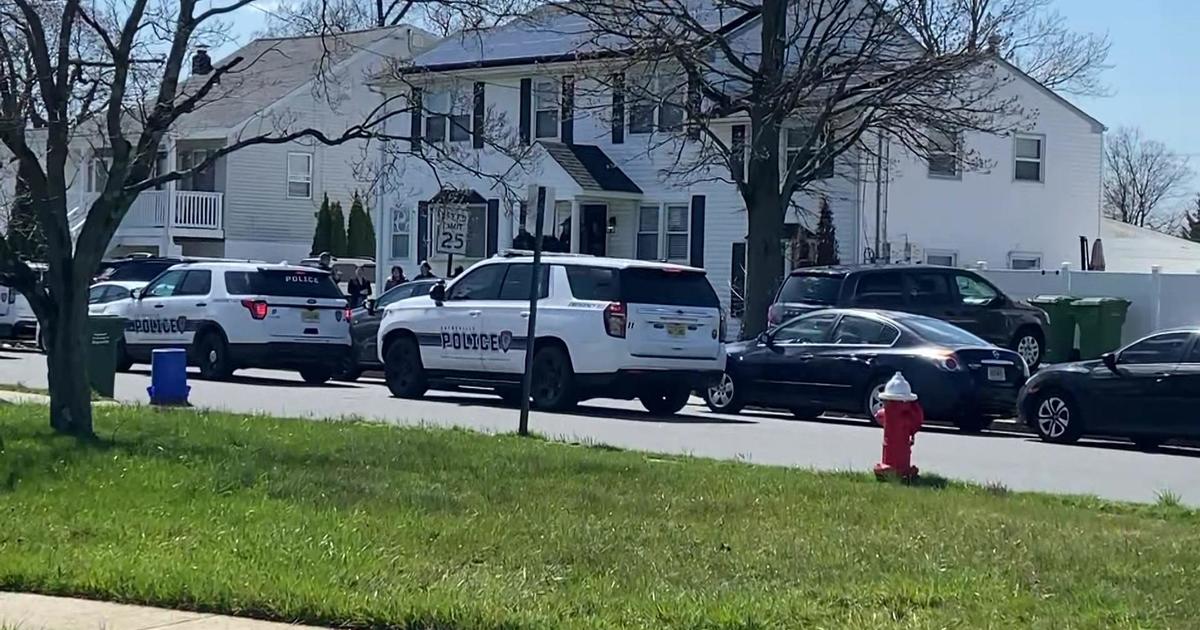Parents Of Area Youth Football Players Appear Much More Informed About Concussions
NEW YORK (CBSNewYork) -- Three high school football players have died this month, including one in New Jersey, from injuries sustained on the field.
The tragedies have many parents considering the dangers of playing sports, CBS2's Steve Overmyer reported Tuesday.
The recent attention on brain trauma caused by playing football is nothing new, but now it's putting the focus on the parental knowledge of how to protect their kids from concussions.
Football is the highlight of every fall weekend, but parents are now forced to weigh the risk of their children playing the sport.
"I'm definitely concerned on permanent injury for my son. Playing the sport even at his age can damage him for the rest of his life, and it's not worth taking the challenge or taking the risk and putting him even at this age," parent Jennet Mouzone said.
According to the National Trainers Association, head trauma accounts for 58 percent of emergency room visits for athletes ages 8-13.
"As a parent, my first concern is the safety of my child and the well-being, and if that's gonna cause damage, especially brain damage, then I would definitely reconsider," parent Shacria Deslandes added.
Over the past five years concussion education has increased. In the same span, Pop Warner participation nationwide is down about 10 percent. Nationwide, high school football participation has increased by 1 percent, but it's on the decline in New Jersey by 1 percent and in New York by 10 percent, Overmyer reported.
Every organized football league in America is required to educate coaches, players and parents of the dangers.
"He's very well aware. He knows any head injury, if he's dizzy, if he's throwing up, any of those things, it might be a sign of a concussion and to immediately seek medical attention," Dr. Angela Daniels said of her son.
Orthopedic surgeon Dr. Sean Lager founded clearedtoplay.org five years ago.
"The community is a lot more aware of concussions ad we are probably a lot better at diagnosing it, but I think the follow through is lacking," Lager said.
When asked if people would take traumatic brain injury more seriously if a head injury wasn't called a "bell ringer" or a "stinger," Lager said, "Perhaps, but if you have a concussion and your symptoms have not abated and you return to play too soon and you have second impact syndrome from another hit and you die, there's nothing anyone can do to help you."
Concussion identification technology has improved dramatically, and with an increased emphasis on safety, those changes could change minds, Overmyer reported.
"By the time he's ready to play football there may be better safeguards in place," parent Bill Partsch said. "Under the current circumstances I would try to discourage him from doing that."
High schools in both New York and New Jersey have taken new steps this year to prevent concussions, including reducing full-pad practices and limiting helmet-to-helmet contact in practice. That's because 57 percent of concussions in high school football occurred in practice last season, Overmyer reported.



